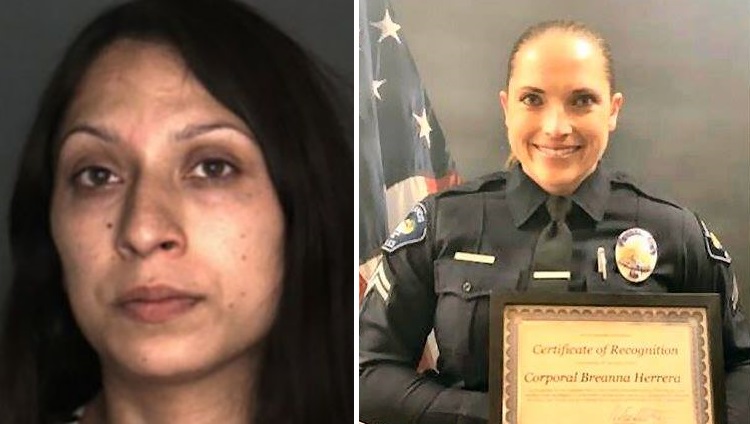

Some examples include the consent exception, the plain view exception, the inventory search exception, the automobile exception, the stop and frisk exception, and the search incident to arrest exception. There are, however, exceptions that may justify a warrantless search. Article I, Section 8 of the Pennsylvania Constitution provides additional protections for individuals, providing that probable cause and exigent circumstances must exist in order to justify a warrantless search of a vehicle. A warrant for probable cause is required before an officer may search for or seize evidence.

First, the Court noted that the Fourth Amendment provides that individuals cannot be subjected to unreasonable searches and seizures. The Superior Court reviewed the relevant law and precedent regarding the plain view exception and denied the appeal. The Pennsylvania Superior Court’s Decision The court denied that motion, and the defendant appealed. The defendant then filed a motion for reconsideration, arguing that the trial court erred in denying his motion to suppress evidence under the plain view doctrine because the officers did not have the right of access to items inside the vehicle, and there was also no exigency to justify the seizure. The defendant was found guilty of possessing a controlled substance and possessing marijuana after a stipulated non-jury trial. During the suppression hearing, the trial court granted the motion to suppress the bags of marijuana recovered but denied suppression of the marijuana cigarettes and Oxycodone pills. In this case, he sought to suppress the marijuana cigarettes, bags of marijuana, and Oxycodone pills. The defendant filed a motion to suppress evidence. Sergeant Maddox then searched the defendant’s vehicle and found three bags of marijuana. The officers then detained and searched the defendant, finding one and a half pills that were later determined to be Oxycodone. One of the officers, Sergeant Harrison Maddox, testified that he smelled marijuana and observed two burnt cigarettes containing marijuana in the cupholder of the car. The two officers conducted a traffic stop because they knew the defendant did not have a valid driver’s license from prior encounters. The defendant was stopped by two officers on patrol. The Superior Court therefore affirmed the trial court’s decision to deny the defendant’s motion to suppress incriminating evidence that had been obtained from his car. The plain view exception allows the police to conduct a warrantless search where an object of an incriminating nature is viewed by a police officer from a lawful vantage point. McMahon, holding that the police legally searched the defendant’s car despite not obtaining a search warrant because they entered the car only to obtain contraband which was in plain view. The Pennsylvania Supreme Court has decided the case of Commonwealth v.


 0 kommentar(er)
0 kommentar(er)
